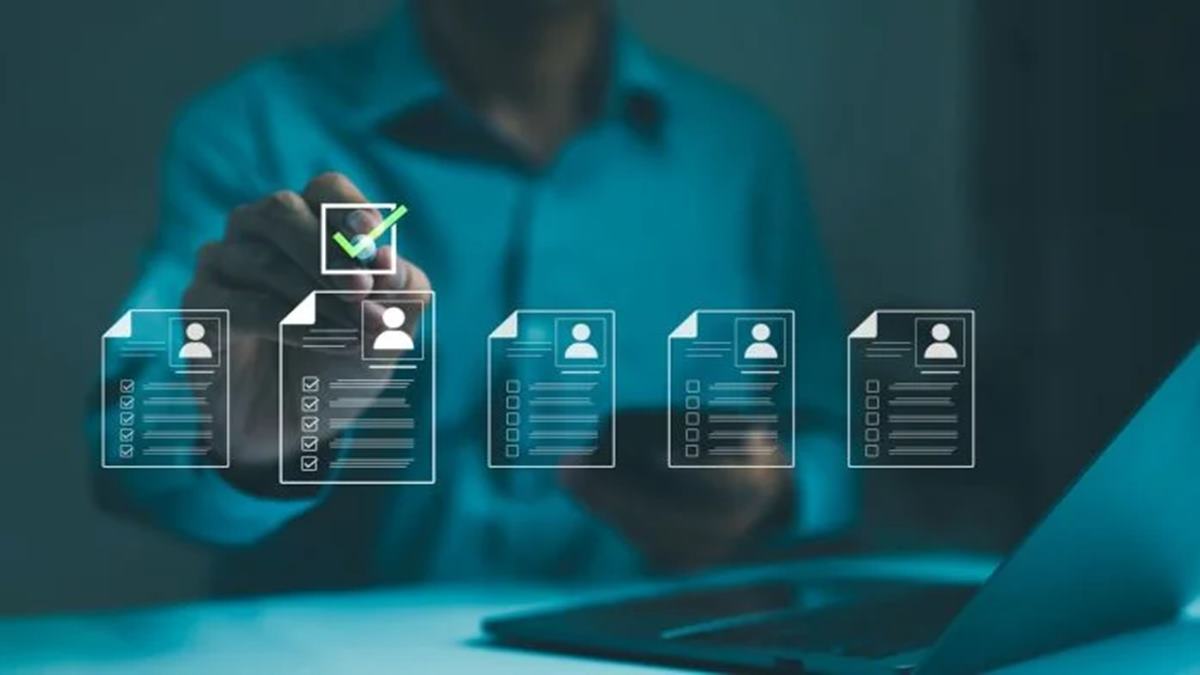As expected, a new law in Poland will implement several important immigration-related changes effective May 1, 2025, easing some hiring processes and creating new obligations for employers hiring foreign nationals. Update – May 15, 2025: Following formal publication of the relevant legislation, these laws will go into effect on June 1, 2025.
A closer look
Key changes (among others), are highlighted below:
| CHANGE | IMPACT |
| Labor market test eliminated. Instead of a labor market test, employers seeking to hire foreign nationals will be limited to hiring foreign workers whose professions are not on a “protected professions” list (the government has not yet published this list).Work permits will not be issued for occupations included on these lists (with limited exceptions such as Turkish citizens who have been legally employed in Poland for at least four years, among others). | The elimination of the labor market test requirement will make the work permit process faster and more streamlined, since employers will no longer need to advertise open positions and include such evidence in their work permit applications.The new rule may, however, limit an employer’s options for hiring foreign nationals in certain barred professions. |
| Contract signing requirement. Employers will need to submit signed employment contracts for employees holding Work Permits or Special Permission Work Permits (local hire and secondments), whereas currently, they are not required. | This restriction will create a new administrative hurdle for some employers who had less formal work arrangements with foreign workers. Employers could be fined, or Work Permits could be revoked, if employment contracts are not submitted for holders of Work Permits or Special Permission Work Permits. |
| More notification requirements. Employers hiring foreign workers (and the worker) will be subject to more government notification requirements for specific changes, for example, when there is a change in the worker’s place of residence, there is an increase in work hours, or if the employee was terminated (among other requirements), where these situations currently do not require a notification. | This new rule will create more administrative hurdles for employers and foreign workers, and failing to notify the government of these changes could result in penalties in the future. |
| Stricter data retention rules. Employers of foreign workers will need to store their employees’ personal/employment data for two years after the end of their employment, where there is currently no storage requirement. | This new rule will create a stricter compliance burden, and may increase costs and resources associated with document storage. |
| Fast-track processing. Employers who are deemed crucial to the Polish economy, who have repeat work permit applications for the same employee, or who are hiring in shortage occupations will benefit from fast-track processing. | This should speed up application processing for eligible applications. |
| Restrictions on work. Foreign nationals under family visit visas, study (non-degree) visas, medical treatment visas, or visa-free entry will no longer be allowed to work. | Since these foreign nationals can work under their status currently, this will restrict the right to work significantly. |
Other changes include the consolidation of work permit types into three main categories, stricter work permit refusal grounds, higher fines for illegal employment, and an expanded list of immigration-related offenses.
Background
These changes align with the government’s efforts to enhance oversight and ensure stricter compliance among employers hiring foreign workers, and come in tandem with the restrictions for intra-corporate transferees.
Looking ahead
The government is also planning to digitalize all immigration applications, appeals, complaints, documents, decisions, summonses and all letters related to these matters within two years. Until authorities fully implement the digital processes on their websites, it will still be possible to submit applications and other letters in person and by mail, and decisions and other letters will still be issued in paper form. We will report on related changes.




















